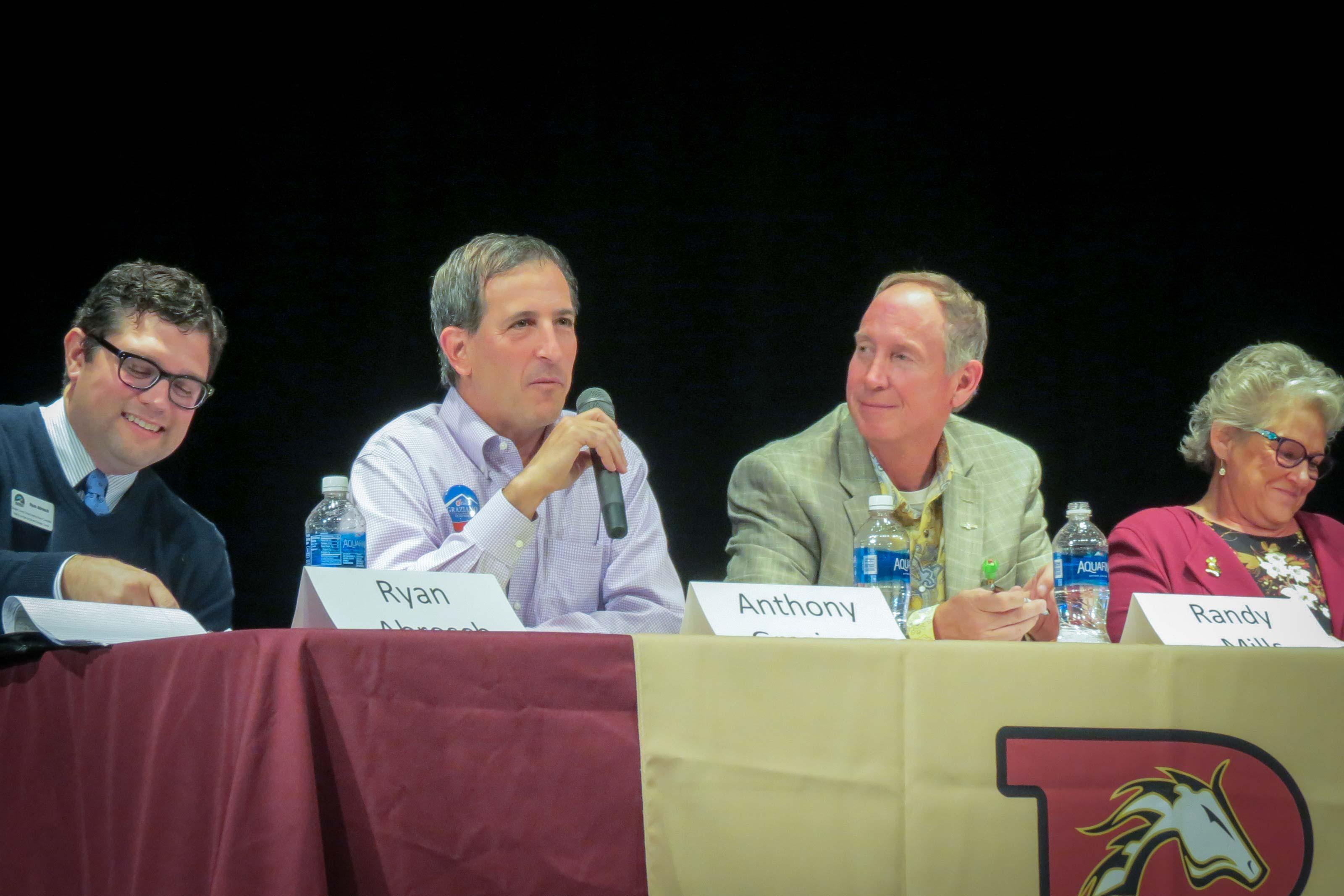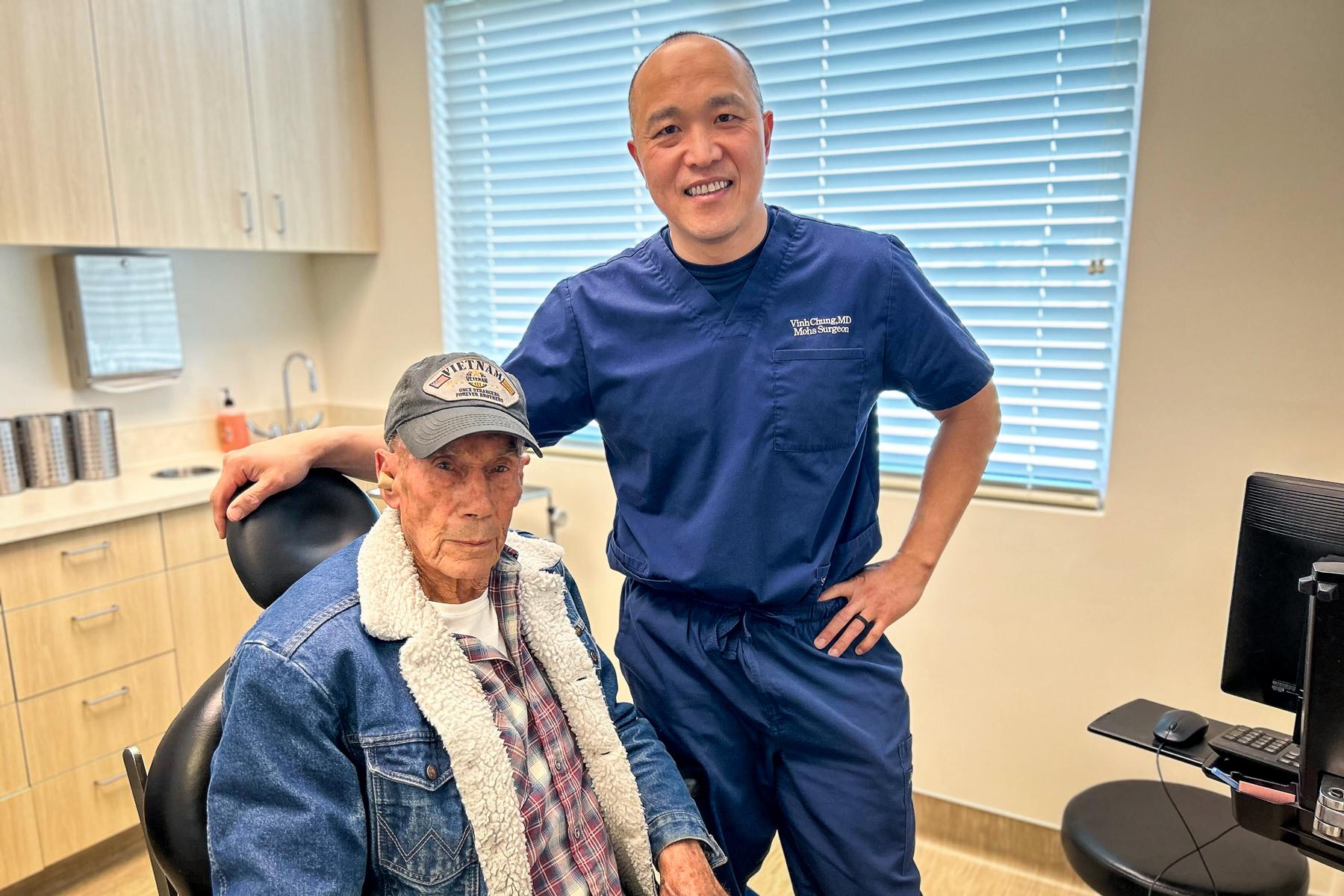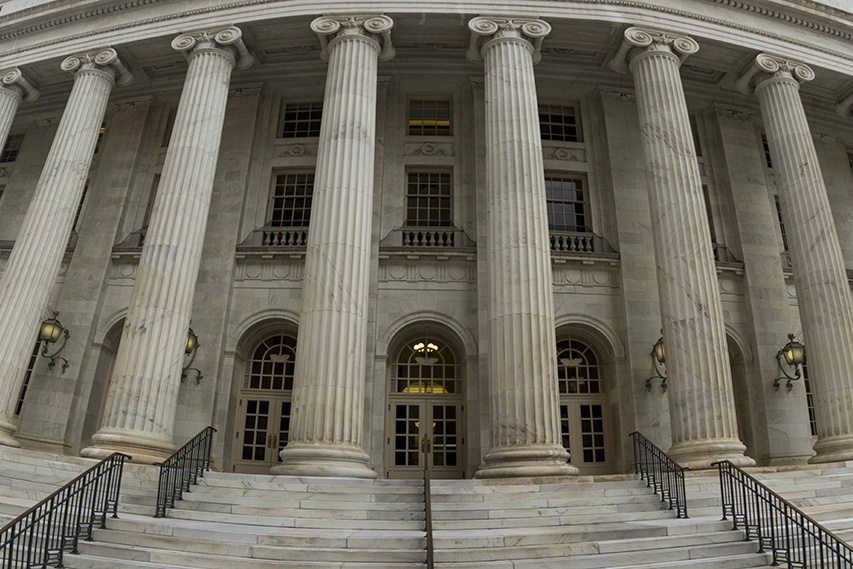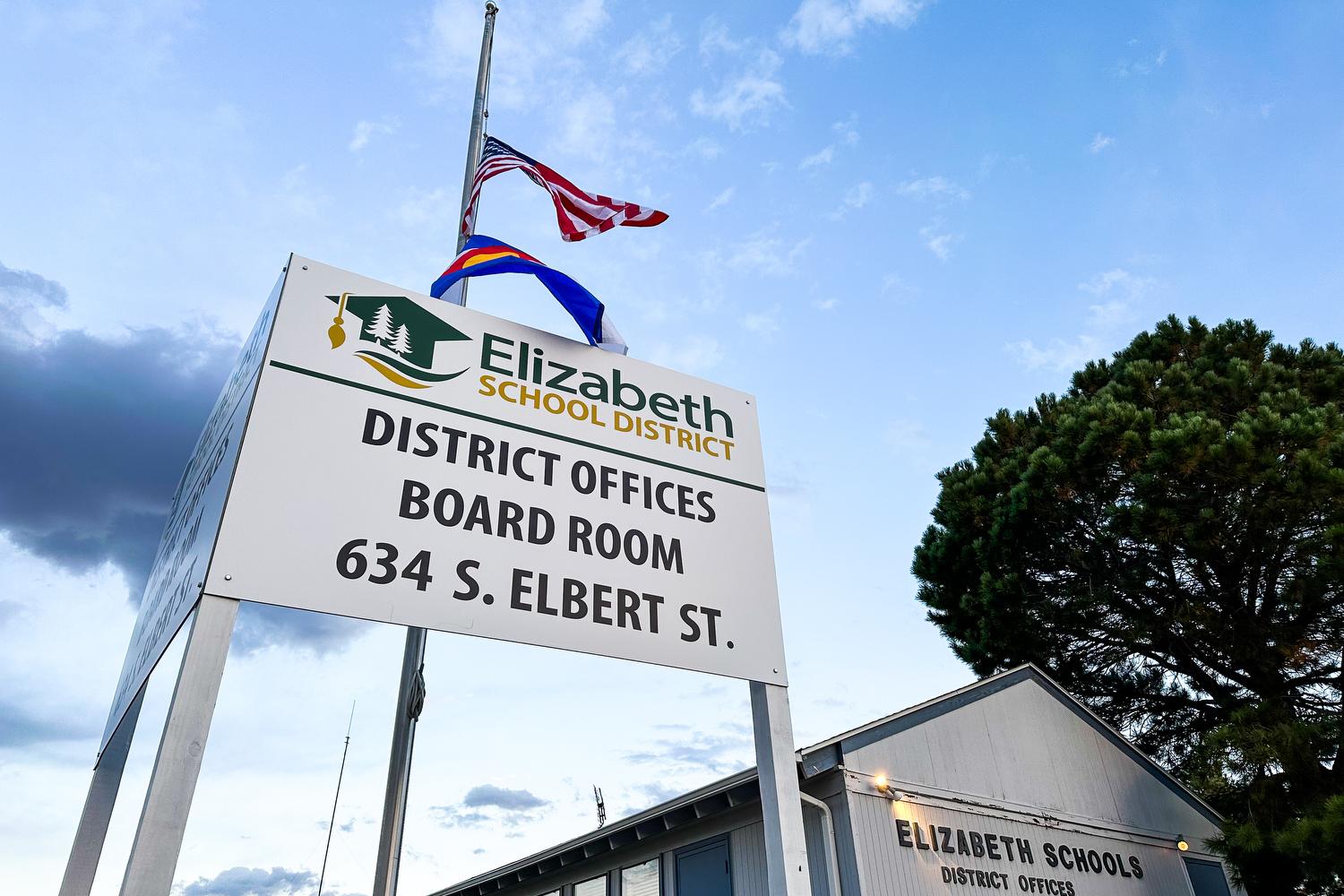

The Douglas County school board race is once again in the national spotlight.
The reason many are watching this race is the case involving the constitutionality of private school vouchers that was recently sent back to Colorado by the U.S. Supreme Court.
Whether Colorado’s consideration of the case becomes moot or it possibly makes its way back to the Supreme Court may depend on the outcome a school board race. There are eight candidates running for four open seats. If one seat swings on the bitterly divided four to three school board, the long fought over voucher program that’s been tied up in litigation could die. The program gave families about $6,400 a year to attend private schools, many of them religious.
With the attention comes outside money. The American Federation of Teachers has pumped more than $300,000 behind candidates who oppose vouchers. The conservative Americans For Prosperity hasn’t given directly to the other candidates, but did launch a six figure campaign last summer touting school choice that targeted Douglas County.
Cutting to the chase at a recent candidate debate at Ponderosa High School in Parker, a student asked a straight up yes or no question: “Do the candidates want to reinstate the Douglas County voucher program if the Colorado Supreme Court allows it?”
Candidates that are against vouchers, like Chris Schor, were a predictable, unequivocal “No.”
“I believe in public funds supporting public schools,” she said. “Therefore I would not support taxpayer funded vouchers.”
Schor is part of an unofficial school board election slate called Community Matters, which also includes candidates Anthony Graziano, Krista Holtzmann and Kevin Leung. All oppose private school vouchers.

The opposition, part of a slate called Team Elevate, don’t answer the “yes” or “no” question but take a wait and see approach. For them, Colorado’s courts should be allowed to rule on the constitutionality of private school vouchers. Candidate Randy Mills said that decision must come first, “and then let’s put it to the public and say are you interested or are you not.”
In addition to Mills, Team Elevate includes Grant Nelson, Debora Scheffel, and Ryan Abresch.
While vouchers are a big issue nationally, on the ground in Douglas County, other issues dominate this election: educator turnover, teacher pay, capital needs, and quality of education. Parent Darien Wilson said the quality of DougCo schools has dropped since her family moved to the district several years ago.
“Now the middle and the high school are 5-stars from 10 stars back then and every year my daughter has been in high school teachers have left,” she said.
The district has a higher than state-average teacher turnover rate, 19.04 percent versus an average of 16.88 percent. Many teachers dislike the district’s "pay-for-performance" system that compensates teachers based on student achievement and whether the subject they teach is in high demand. Many also don’t like the district’s teacher evaluation system.
“This is a consequential election,” said school board candidate Krista Holtzmann.
For her, teacher retention is a top priority. DougCo teachers can cross the district line to the north into Cherry Creek and make $17,000 more a year — a common occurrence across Colorado’s school districts. Holtzmann said teachers tell her that, “they’re waiting on this election to decide their future with Douglas County.”
Candidate Grant Nelson said paying science teachers more than English teachers makes sense.
“A smaller set of supply and a higher demand gets a higher price, that’s the way the world works in capitalism,” he said.
Another issue that divides candidates involves whether the board should ask for a property tax increase. As the fifth richest county in the U.S., Douglas County lags significantly behind surrounding districts on local property taxes. The district doesn’t have money for teacher pay raises, or to repair aging buildings, but candidate Ryan Abresch said people don’t want to pay more.
“We need to make sure that we’re constantly looking at doing everything we can to save funds with our $680 million budget and we need to make sure that we’re prioritizing our spending,” he said.
Restoring public trust is important to all the candidates after years of tumult on the school board and division in the community. But candidate Anthony Graziano said the tax question is crucial. He said it’s the board’s responsibility to put the ballot question before voters.
“If we’re not doing that, then what exactly are we doing in the school board for the next four years? “ Graziano asked. “This is critical if we are to sustain the current level of funding and improve on that. As board leaders we have to go out and have this conversation.”









